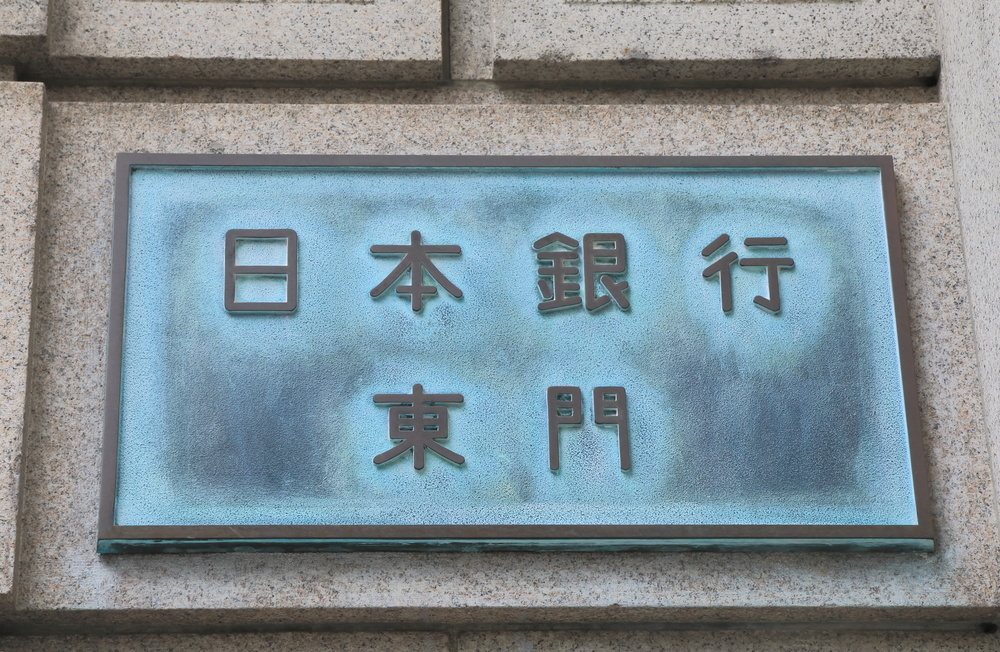Japan’s Central Bank Staff are Running Blockchain Trials

The Bank of Japan – the county’s central bank – is “test-driving” blockchain, or distributed ledger technology to understand the innovation, according to its governor Haruhiko Kuroda.
Earlier today in Tokyo, Kurodo was speaking [PDF] at a financial forum centered around digital innovation and Fintech, notably pointing to new innovations in information technologies to bring significant change and impact to the financial industry, among the oldest industries in the world.
Deeming financial services as an information industry that fundamentally sees a system of informational flow and processing that includes payment, settlements, investments choices and more, the BOJ’s chief underlined blockchain or distributed ledger technology (DLT) as having the potential to “significantly affect” the basic pillars of financial activities – money and ledgers.

The comments are similar to those expressed earlier this year, when BOJ deputy governor Hiroshi Nakaso stated that the application of blockchain technology would “change the financial infrastructure that has been built around centralized ledgers managed by trusted third parties.” In an air of stating the inevitable, Nakaso notably added that “central banks will and have to follow these issues closely and with great interest.”
To this end, Kurodo stated that it is becoming imperative that central banks “have a profound understanding” of technologies like blockchain or DLT.
He then revealed:
Accordingly, the staff in the Payment and Settlement Systems Department of the Bank are deepening their understanding of new technologies by test-driving distributed ledgers.
Bitcoin also Studied
Earlier this year, the BOJ’s payment and settlement systems department, as the governor referenced above, was revealed to be monitoring and studying the progress and growth inherent with bitcoin, as a payment system around teh world. Hiromi Yamaoka, the head of the department, also opined that bitcoin or other Fintech innovation do not represent a threat to central banks’ fiat currency.
Further, deputy governor Nakaso, has said that while bitcoin was being studied by the central bank, there is no timeline for Japan to introduce its own digital currency, while speaking at a conference last month.
The application of blockchain technology in payments systems isn’t around the corner either, according to governor Kurodo, who stated the following today after revealing that the central bank was “test-driving” distributed ledgers.
Note that these trails by the bank’s staff simply aim to understand the mechanics of DLT, rather than applying it to the Bank’s own liabilities or its payment and settlement systems.
While Japan’s central continues to research blockchain technology without any concrete plans for implementation, other central banks around the world have expressed stated their intent to develop interbank payment systems based on a blockchain or, even issue a blockchain-based digital currency.
Notable examples include efforts in Singapore, with the development of an inter-banking payments platform; China, which is pushing ahead with its endeavor to release its own digital currency; Canada, working on a blockchain-based digital dollar, among several others.
Meanwhile, Japan’s private banking enterprise has, unlike the BOJ, moved to reveal the results of a blockchain pilot experiment that confirmed money transfers over a distributed ledger were faster and cheaper than the existing infrastructure. The pilot, conducted in partnership with Tokyo-based bitcoin exchange bitFlyer, saw three of Japan’s biggest banking corporations scale 1,500 transactions per second over a blockchain and will publish the results of the experiment soon. The implementation of blockchain technology for interbank payments, as is the case with Singapore’s central bank, could soon be a reality in Japan.
Images from Shutterstock.